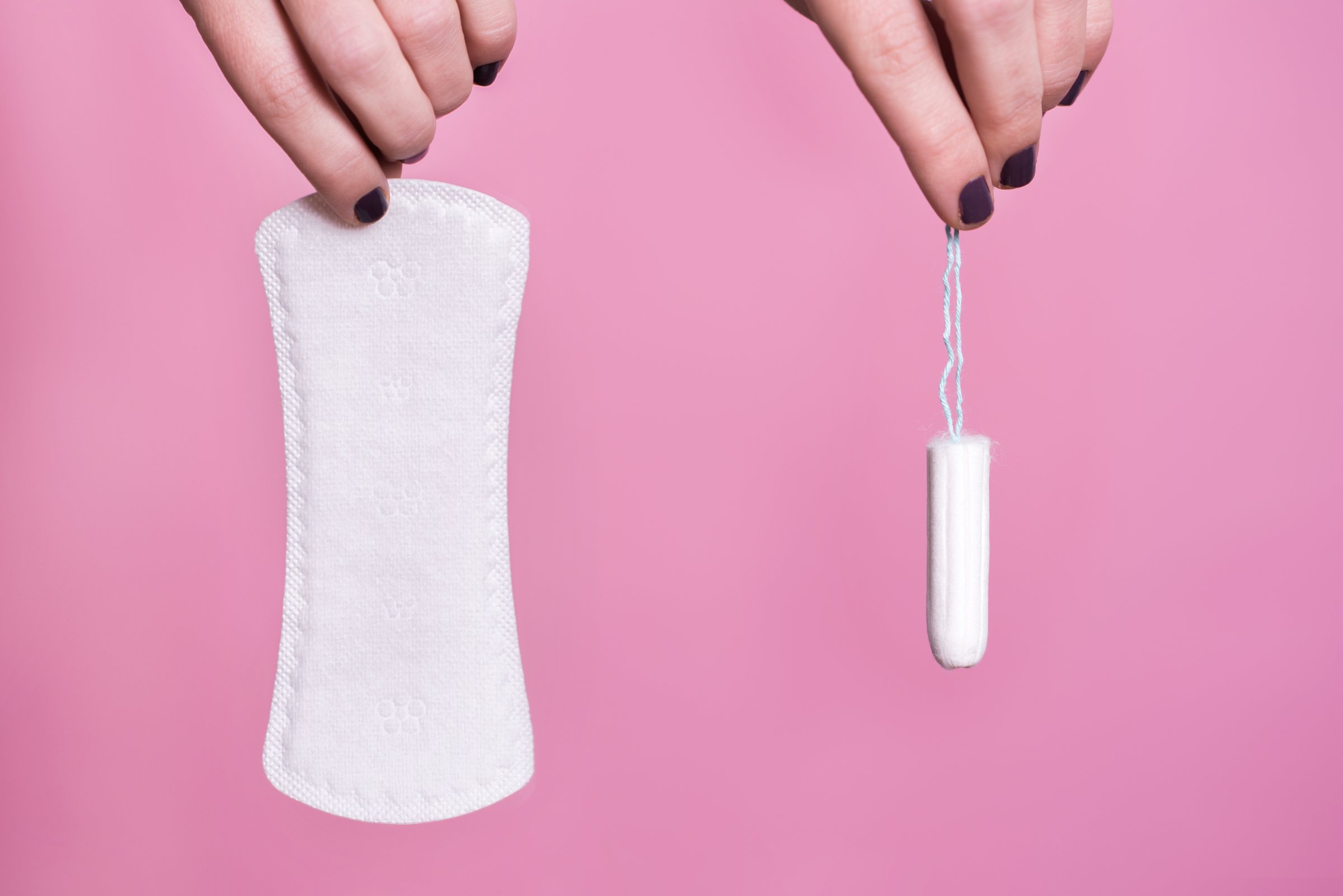
Pickles will go rotten at your touch. Flowers will die. You are dirty and impure, so you must sleep in the cowshed rather than your own home. These are things girls hear about their periods.
Menstruation is a normal biological process that half the people of the world experience for a significant part of their lives. On average, women and girls will spend 3,000 days during their lifetimes menstruating, yet menstruation is still enshrouded in myths, misconceptions and stigma. Too many girls have little to no knowledge about their periods — and that has a serious impact on their lives.
The risks of ignorance
With all the physical and emotional changes, adolescence is a tumultuous time in a girl’s life under the best of circumstances, and for many, getting their first period is already an uneasy experience. Yet for too many girls around the world, it’s downright terrifying. In rural India, WASH United workers met a girl who started her first period on the way to school. Convinced that she had cancer and was about to die, she hurried back home in panic, hoping that she’d get there in time to say goodbye to her parents. This is by no means an isolated case: In India, 50% of all girls have no idea what’s happening when they bleed for the first time.
In addition to sparing young girls such an unsettling start to womanhood, education about menstruation is critical to enable them to manage their menstruation hygienically, with confidence and with dignity. To make informed decisions about managing their periods, girls need at least a basic understanding of the physical processes behind them, as well as the pros and cons of the different menstrual hygiene products available. Without this, women and girls may use unhygienic products (including old rags, dirty napkins or newspapers) that can lead to reproductive tract infections and other health conditions. Poor menstrual hygiene is one of the major reasons for widespread reproductive tract infections in India, for instance, where it’s a major factor in female morbidity.
As most societies are patriarchal, boys and men also need to understand how periods work. Only then will we be able to break taboos and expose myths. Education for both male and female students is vital to ensure that girls and women are empowered to navigate puberty and stay healthy and confident.
Period-friendly schools
In addition to education about menstruation, girls need to be able to practice good menstrual hygiene. This particularly holds true at the institution that has the most power to transform the trajectory of their lives: school. Schools must provide affordable menstrual hygiene products and have private toilets with water and soap and options for the safe disposal of used menstrual products. According to research conducted in Uganda, for example, half of girls of menstruating age miss up to 3 days of schooling every month. Menstruation thus becomes an added disadvantage for girls, who, even without this challenge, are less likely to be sent to school than boys. At the extreme, some end up dropping out of school completely once they start having their periods.
Making sure that girls get the education they deserve unleashes a myriad of lifelong social and economic benefits not only for them, but also for societies and countries at large. Girls who stay in school will earn more, marry later in life and have healthier children. Some countries are already recognizing this opportunity and showing that change is possible: Kenya has developed a hygiene policy that includes having the subjects in school curricula and improving sanitation in education institutions.
May 28 is Menstrual Hygiene Day, and this year’s focus is education. As we’ve seen, there’s an urgent need for more education about menstruation to ensure that girls have the necessary knowledge to make informed and confident choices. Schools also must be suitably equipped, so they can practice good hygiene and periods don’t get in the way of the chance for a good education.
To accelerate progress, we call upon national governments to adopt national standards for better menstrual hygiene management infrastructure in schools and to guarantee the explicit integration of education about menstruation into school curricula. We call upon governments and international development partners to increase funding for the necessary facilities and menstrual education. Every girl, everywhere, must have the knowledge, products and facilities she needs to manage her menstruation hygienically and without stigma.
Catarina de Albuquerque is Executive Chair of Sanitation and Water for All. Thorsten Kiefer is the CEO of WASH United.
More Must-Reads from TIME
- Donald Trump Is TIME's 2024 Person of the Year
- Why We Chose Trump as Person of the Year
- Is Intermittent Fasting Good or Bad for You?
- The 100 Must-Read Books of 2024
- The 20 Best Christmas TV Episodes
- Column: If Optimism Feels Ridiculous Now, Try Hope
- The Future of Climate Action Is Trade Policy
- Merle Bombardieri Is Helping People Make the Baby Decision
Contact us at letters@time.com